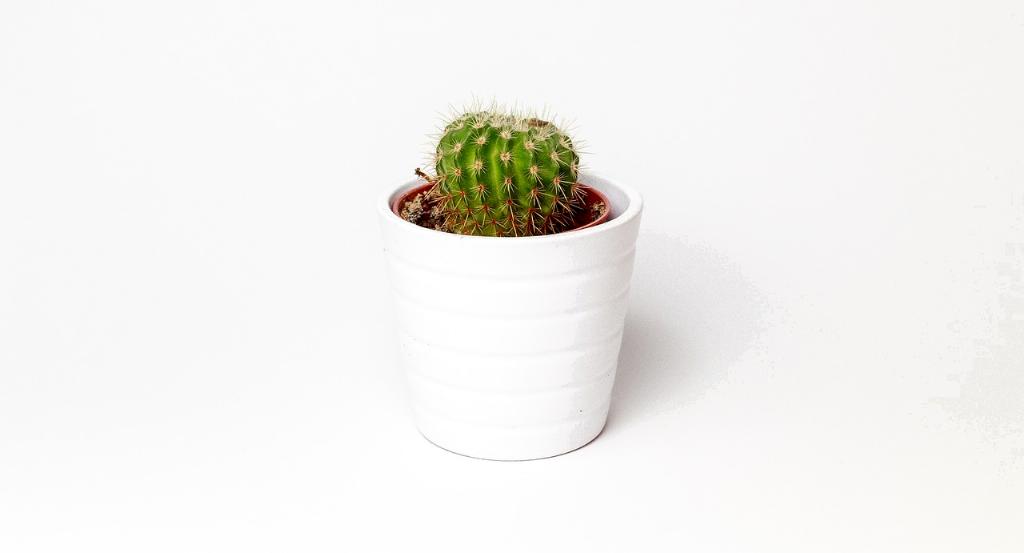When it comes to cats and succulents, there are important factors to consider regarding the safety of your feline friend. Succulents, which encompass a wide variety of plants, can differ in levels of toxicity. The more toxic the succulent, the more severe the potential side effects if ingested by your cat.
It is essential to understand that even succulents labeled as non-toxic can still cause discomfort and digestive issues in cats if consumed. Therefore, it is recommended to keep all succulents out of reach of your curious cat to prevent any potential harm or discomfort.
Cats are known for their curious nature and may be attracted to plants, including succulents, due to their texture and smell. However, ingesting succulents can lead to symptoms such as vomiting, diarrhea, lethargy, and in severe cases, more serious complications that require immediate medical attention.
While some succulents may not be highly toxic to cats, it is always better to err on the side of caution and keep these plants away from your feline companion. Prevention is key in ensuring the well-being and safety of your cat.
If you suspect that your cat has ingested a succulent or is showing signs of plant poisoning, it is crucial to contact your veterinarian immediately. Prompt action can help in determining the appropriate treatment and minimizing any potential risks to your cat’s health.
It is worth noting that some succulents, such as aloe vera, are known for their potential medicinal properties for humans. However, these same plants can be harmful to cats when ingested, as they may cause gastrointestinal issues and other adverse reactions.
As a responsible pet owner, it is essential to create a safe environment for your cat by keeping toxic plants, including succulents, out of reach. Additionally, providing your cat with alternative safe plants or toys can help redirect their curiosity away from potentially harmful items.
Regularly inspecting your home for any potentially toxic plants and ensuring that they are placed in areas inaccessible to your cat can help prevent accidental ingestion. Awareness and proactive measures are crucial in safeguarding your cat’s well-being.
Consulting with your veterinarian or researching online resources can provide you with a list of plants that are safe for cats and those that should be avoided. This information can assist you in making informed decisions about the plant life in your home.
In conclusion, while succulents can add beauty to your living space, they can pose a potential risk to your cat if ingested. By understanding the potential dangers associated with succulents and taking preventive measures, you can create a safe and pet-friendly environment for your beloved feline companion.

